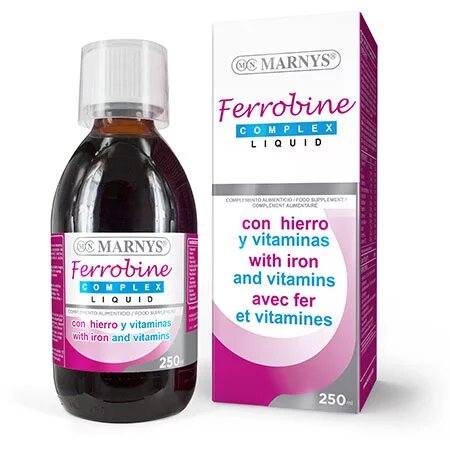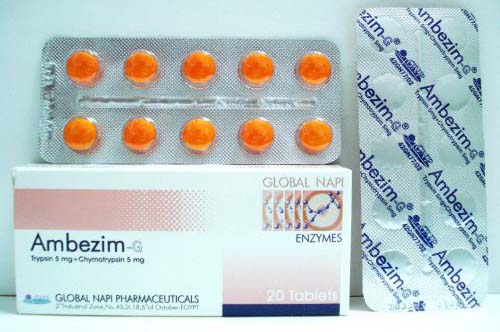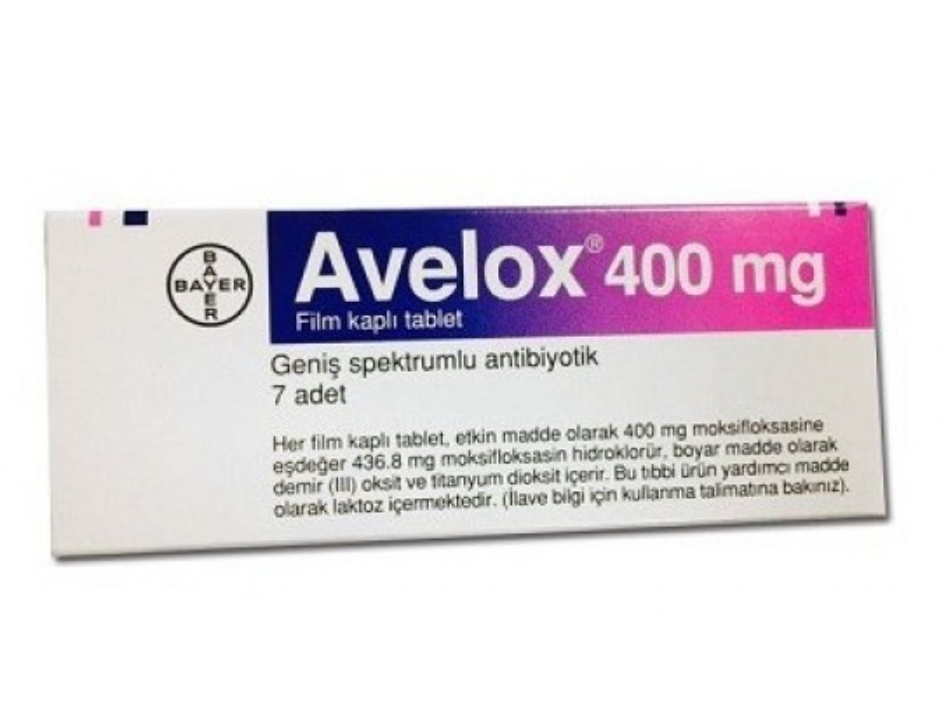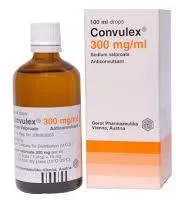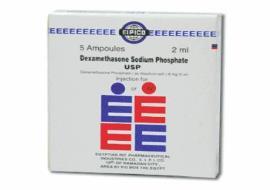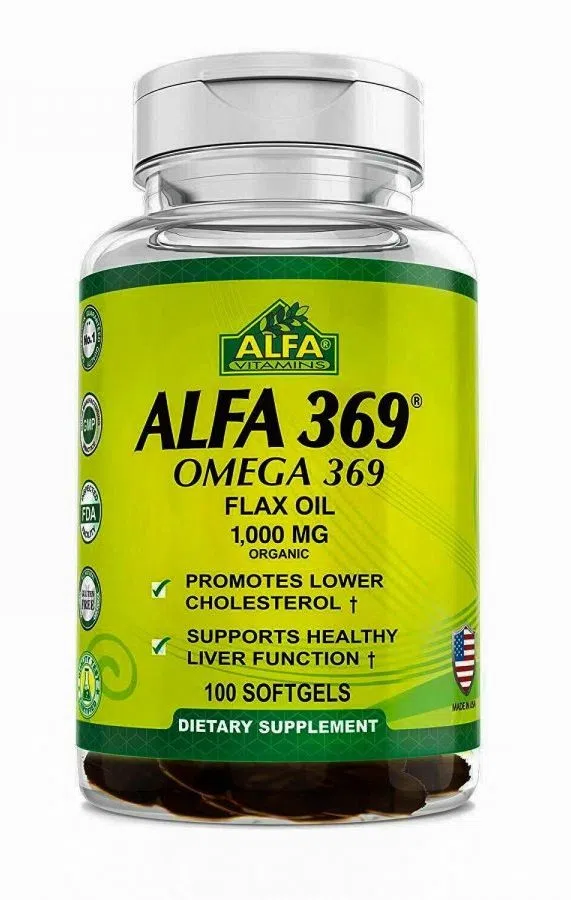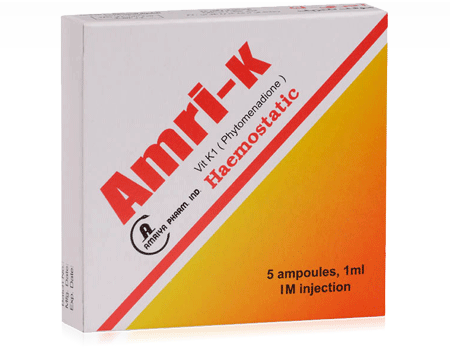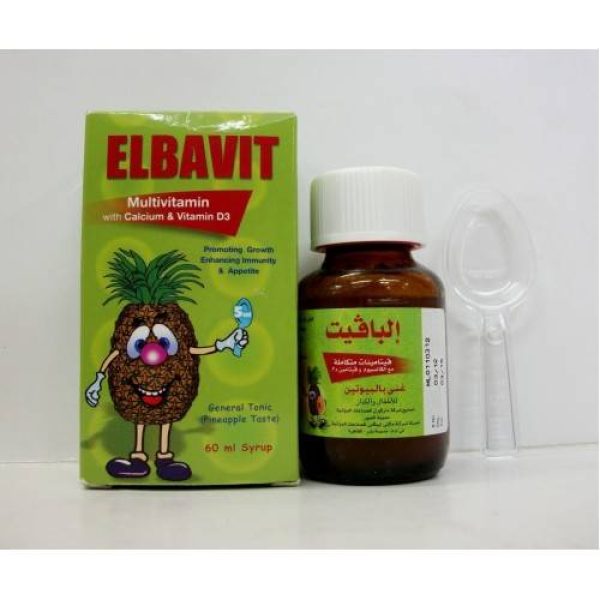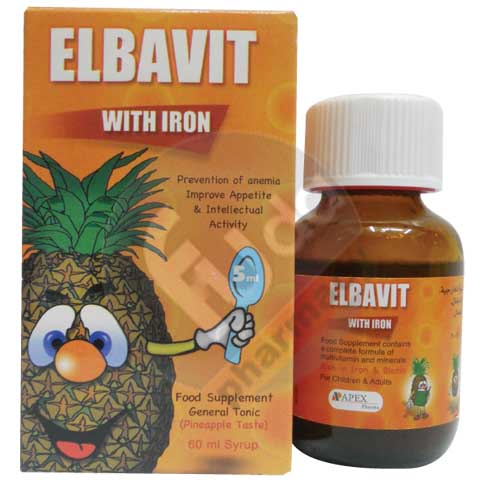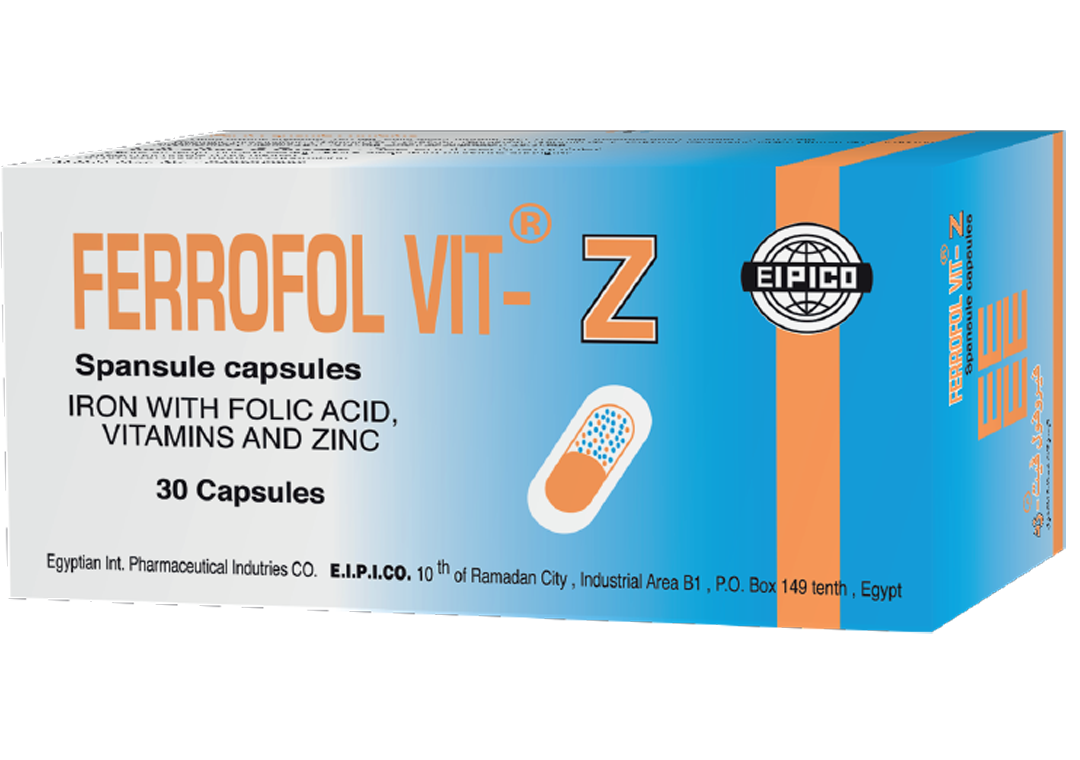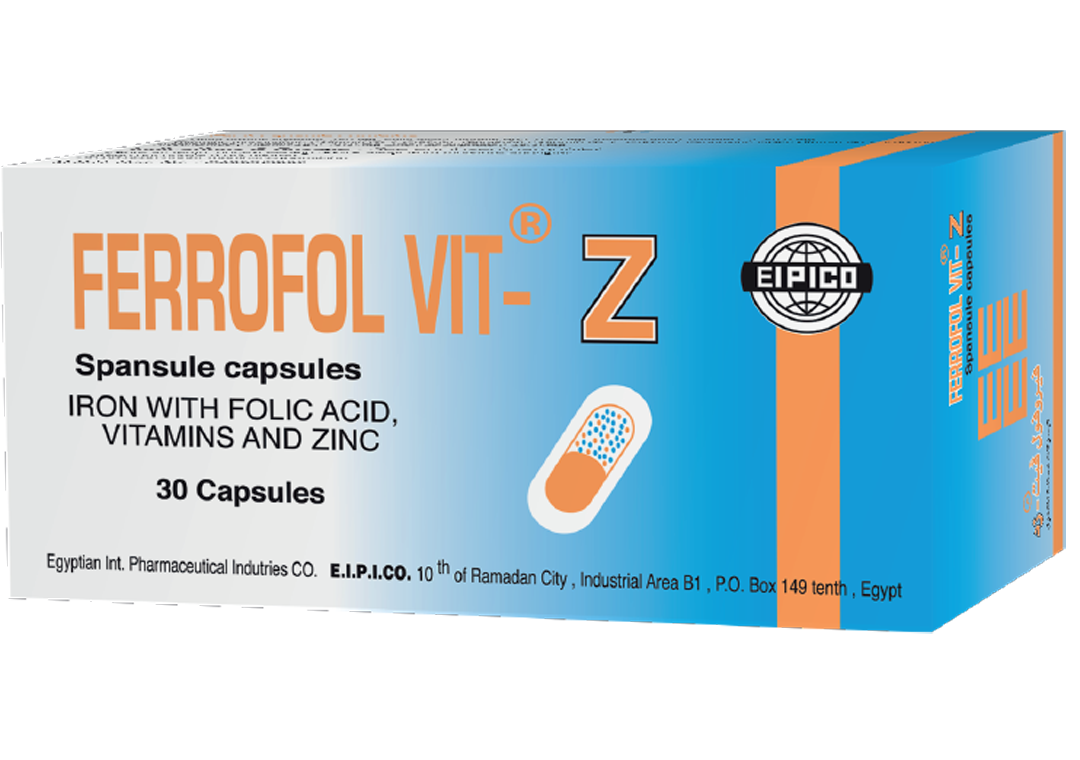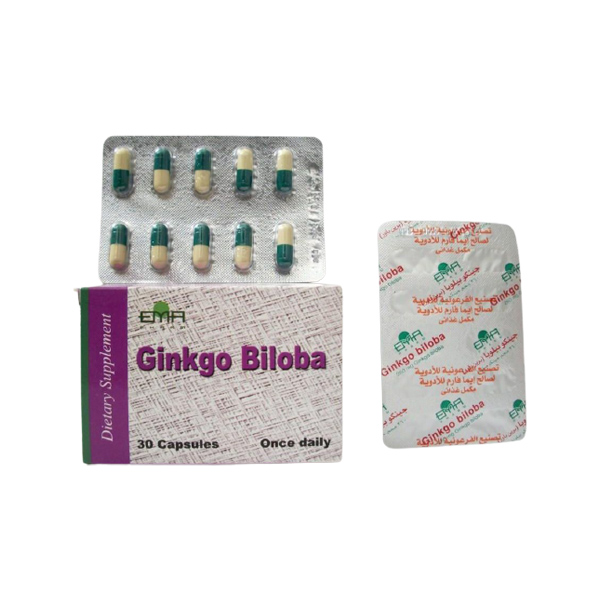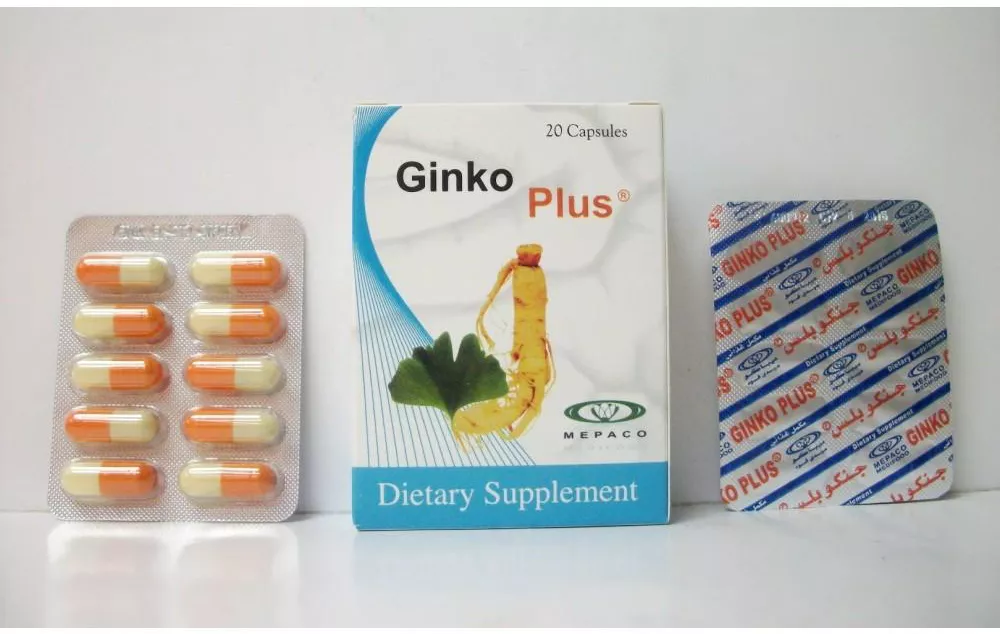-
Categories
-
 Mom And Baby
Mom And Baby
-
 Medication
Medication
-
HOSPITAL MEDICINES
-
analgesics
-
eye and ear care
-
cough cold and allrgy
-
dermatological
-
SEXUAL HEALTH
-
GIT CARE
-
NERVOUS SYSTEM
-
SYSTEMIC ANTI INFECTIVES
-
MUSCOLSKELETAL
-
CARDIOVASCULAR
-
HORMONES
-
DIABETIC MEDICATION
-
OPHTHALMOLOGICAL
-
RESPIRATORY CARE
-
URINARY SYSTEM
-
BILE RENAL AND HEPATIC THERAPY
-
Multivitamin
-
ANTIBIOTIC
-
FEMALE CARE
-
blood pressure
-
COLON
-
antidepressant
-
hair& nail
-
LAXTIVE
-
HAIR CARE
-
Antifungal
-
ORAL CARE
-
slimming
-
antiemetic
-
Hemorrhoids
-
diarrhea
-
Anti colic.
-
Natural herbs
-
Dietary supplement
-
Sweeteners & Low Calorie
-
contraceptive
-
for cholesterol
-
-
 BEAUTY
BEAUTY
-
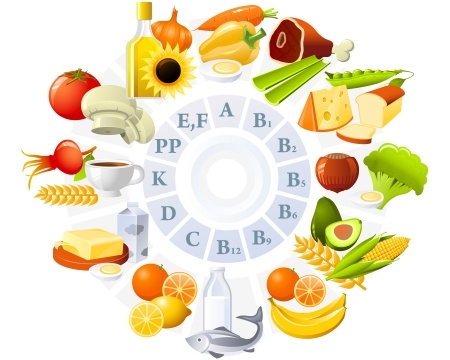 Vitamins
Vitamins
-
 ALL
ALL
-
 Accessories
View more
Accessories
View more
-
-
Categories
-
 Mom And Baby
Mom And Baby
-
 Medication
Medication
- HOSPITAL MEDICINES
- analgesics
- eye and ear care
- cough cold and allrgy
- dermatological
- SEXUAL HEALTH
- GIT CARE
- NERVOUS SYSTEM
- SYSTEMIC ANTI INFECTIVES
- MUSCOLSKELETAL
- CARDIOVASCULAR
- HORMONES
- DIABETIC MEDICATION
- OPHTHALMOLOGICAL
- RESPIRATORY CARE
- URINARY SYSTEM
- BILE RENAL AND HEPATIC THERAPY
- Multivitamin
- ANTIBIOTIC
- FEMALE CARE
- blood pressure
- COLON
- antidepressant
- hair& nail
- LAXTIVE
- HAIR CARE
- Antifungal
- ORAL CARE
- slimming
- antiemetic
- Hemorrhoids
- diarrhea
- Anti colic.
- Natural herbs
- Dietary supplement
- Sweeteners & Low Calorie
- contraceptive
- for cholesterol
-
 BEAUTY
BEAUTY
-
 Vitamins
Vitamins
-
 ALL
ALL
-
 Accessories
Accessories
-


